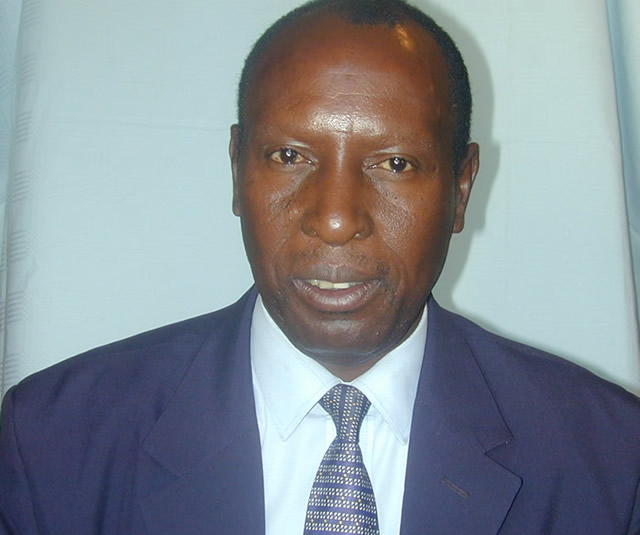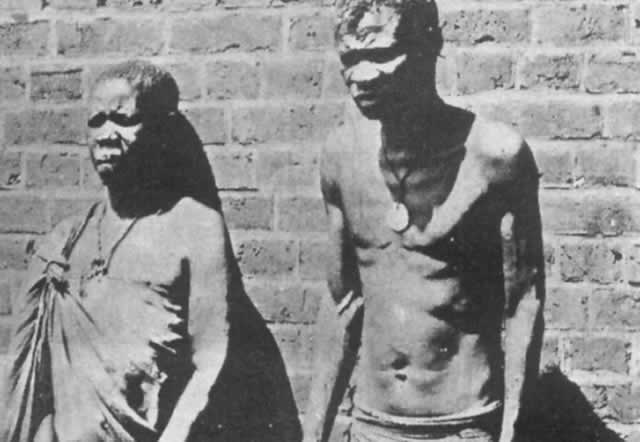Despite Obama’s forays, China still winner in Africa

Joab Apollo Correspondent
News in the African continent over the past three weeks has been about the visit by US President Barack Obama, a man who traces his roots to Kenya.
While his previous visits took him to Egypt, Senegal, Ghana, Tanzania and South Africa, the latest one drew a lot of interest given that he was setting foot for the first time since rising to the US Presidency on Kenyan soil, the land of his biological father.
As expected, the US President, who also addressed the Africa Union Commission in Ethiopia, called on African nations to uphold high standards of governance, democracy, human rights and ensure equitable distribution of national resources and slay the dragon of corruption.
In Kenya, he warned against graft practices and urged the people to always say “enough is enough” when faced with challenges their government does not want to address.
In Ethiopia, he cautioned African leaders against altering sections of their constitutions to extend their terms in office.
The speeches, captivating and resonating well with the African people, a majority suffering from the ravages of corruption and ethnicity perpetuated by their respective leaders, came at a time when China is endearing itself to the continent in what has been termed in some quarters as “Chinese takeover of Africa”.
To casual observers, the onslaught could reduce the influence of China on the continent, but the truth is that present-day African leaders find China a good friend, thanks to the latter’s policy of neutrality.
While China’s preoccupation with trade at the expense of violation of human rights and endemic corruption does not go down well with many Africans, African presidents feel that China is a bosom buddy because it does not tell them to remove the speck from their eyes.
Over the past years, China’s bilateral ties with African countries have been strengthened.
The Chinese are winning contracts and investing in the continent despite concerns raised by the people that China is always mum even when money is blatantly being stolen and people are being slaughtered by militia men and police working at the behest of these leaders.
From roads to medicine, it’s not uncommon today to find a Chinese company in the mix.
Indeed, none other than Kenyan president Uhuru Kenyatta said in the presence of Obama at State House, Nairobi, when asked by a journalist whether the visit could nudge his regime to look West, that the country does not choose when it comes to development and progress.
The perception that Kenya turned east was reinforced when the China’s Prime Minister visited the East African country in 2014 and signed several agreements with his host, key among them being the construction of the multi-billion Standard Gauge Railway, stretching from Mombasa past Nairobi.
Various government officials in Kenya are on record telling off the United States of America and the United Kingdom for “interference in the country’s affairs”.
African leaders are wont to frown at America and European nations that challenge them, what they collectively refer to as “interference” and “neocolonialism”.
And Ethiopia, which Obama visited, is not an exception.
It is this attitude of the African Presidents that could work in favour of China.
That leaves America with two options if its policy on Africa is to succeed: First, America has to invest heavily in the education of young Africans.
One of the reasons why America remains a giant in the midst of nations is because it has an education system that nurtures people to be conquerors of the world.
They are innovators, entrepreneurs and professionals who bring forth changes needed to run the world’s economy.
Africa lacks that education system, and instead is littered with universities that have been turned into hotbeds of ethnicity and training grounds for sycophants of politicians.
African universities train students to be job-seekers rather than creators.
The universities do not offer young people a chance to explore their potential.
Talents are killed because you belong to the wrong tribe or because you do not have enough money to bribe people.
Great innovators are shunned and condemned to poverty because no one is willing to support them.
That’s why virtually all the greatest African entrepreneurs either had their upbringing or education in the West.
I am not talking about those “tenderpreneurs” minting billions due to their closeness with the powers that be.
I am talking about those changing the way things are done in the world.
The likes of Isis Nyong’o and Tony Elumelu.
Africa needs reform-minded leaders; people who can inspire hope and make drastic changes; people who know that leadership is about service, not primitive accumulation of wealth; people who can sack those stealing from the public coffers even when they are their blood relatives. — star.co.ke








Comments